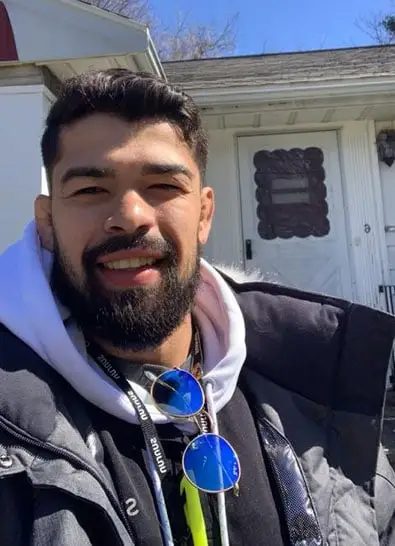Sometimes, brain fog may go away on its own within a few days or weeks after quitting drinking. This can be especially true for individuals who have not been drinking for an extended period or who have mild to moderate alcohol use disorder. If you are experiencing brain fog after quitting drinking, you may wonder if it will go away on its own.
Brain Fog: Causes and Treatment – Health.com
Brain Fog: Causes and Treatment.
Posted: Thu, 31 Aug 2023 07:00:00 GMT [source]
Lowered levels of neurotransmitters can result in problems relating to memory and learning. Alongside alcohol’s neurotoxic effects, we see how it can lead to brain fog. It is alcohol’s effects on the neurotransmitter glutamate that lead us to understand alcohol as a neurotoxin. If you’ve ever felt overwhelmed with stress and anxiety, you might have felt like you’re detached from your mind and its processes.
How Long Does the Brain Take to Heal After Quitting Alcohol?
Working with a therapist can help you work through the emotional aspects of longer-term withdrawal, like anxiety and depression. It can also help you develop alternative coping mechanisms and tools to manage alcohol cravings. At Monument, you can connect with a therapist specialized in helping people cut back on drinking, such as myself. Now that we’ve covered the first four stages of withdrawal, let’s take a look at the weeks and months that follow.
- This is because sleep disorders can disrupt the quality and quantity of sleep, which can lead to fatigue and difficulty thinking clearly.
- Whether deficits of this type have any relationship with treatment outcome is a question that must be answered with empirical research.
- If cognitive improvements could be observed in this format, the remediation procedure could be far less labor intensive and costly for actual clinical settings.
- Read on for some answers and the beginning of the end of your brain fog.
- Gill is the owner of the Sober Powered Media Podcast Network, which is the first network of top sober podcasts.
- However, if you’re struggling with brain fog or other symptoms of alcohol withdrawal, it’s important to seek professional help.
- For many, the first day of abstinence usually follows a day of very heavy alcohol consumption—either a binge or a multi-day bender.
Higher thought functions like focus and concentration take longer to improve since they are controlled by brain areas that recover volume more slowly. Fortunately, the human brain is a resilient organ and can reverse alcohol damage (to a great extent) on its own once drinking stops and abstention begins. The best way to combat this issue is to reduce or eliminate alcohol consumption. This can be done by setting limits on how much you drink, avoiding drinking in situations where you may be tempted to overindulge, and seeking advice from others. Sobriety brings the gift of learning new ways to effectively spend your time.
What causes brain fog?
A consistent flow of nutrients will keep your brain sharp throughout the day. One of the best things about getting sober is that there’s a newfound clarity of thought. Irrational thoughts that lead to impulsive behavior are replaced by more reasonable ones. This initial phase of sobriety can be invigorating alcohol brain fog and is often referred to as the “pink cloud”—a period that feels a little like you’ve found a unicorn. Alcohol fog is a temporary condition that is caused by drinking too much alcohol. Take note that chronic alcohol misuse can also lead to other health problems, such as liver disease and heart disease.

